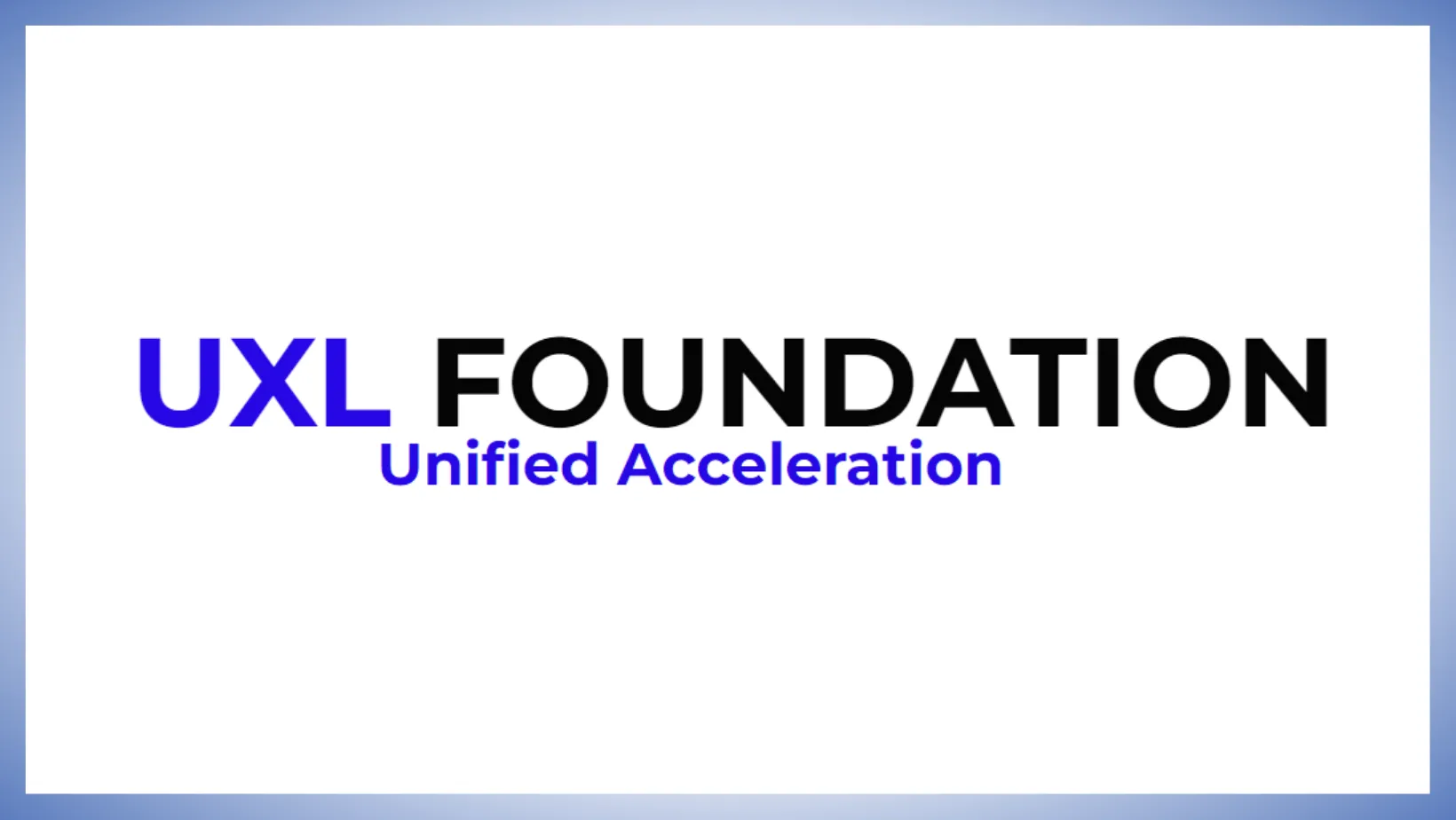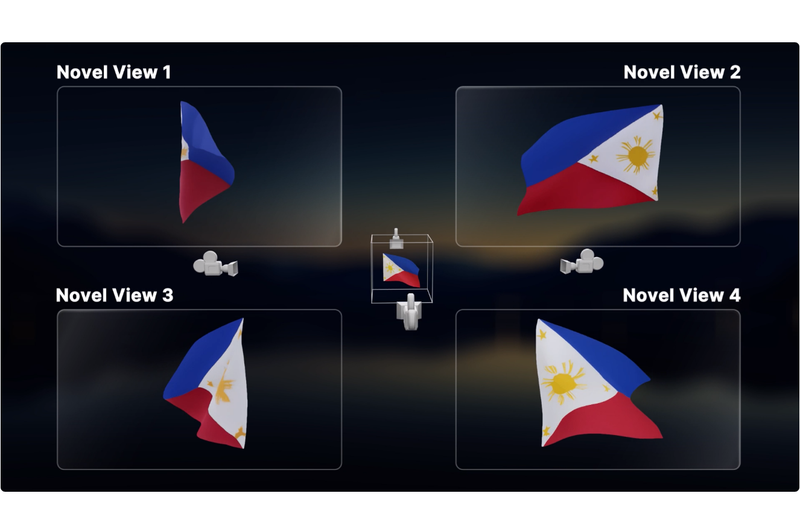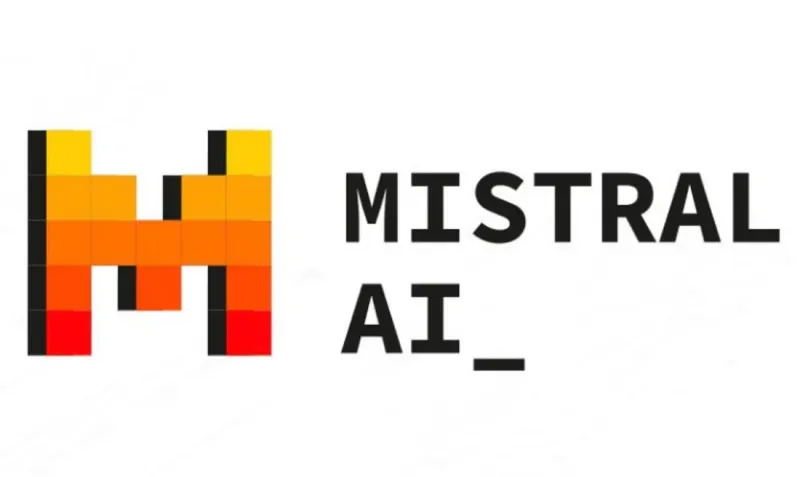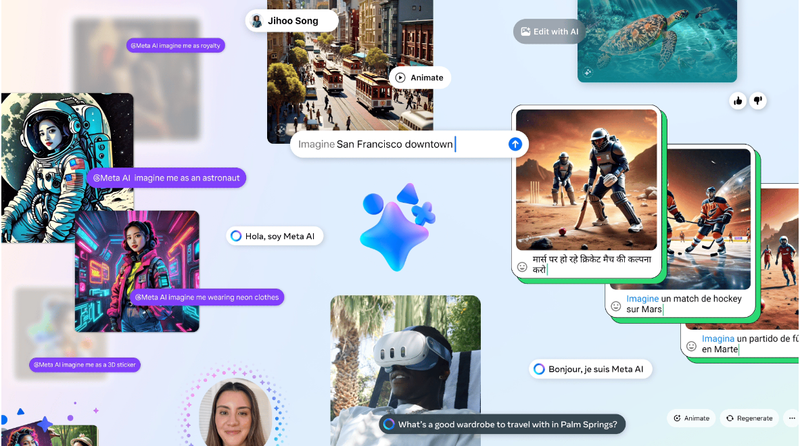The UXL Foundation's programming model will free developers from NVIDIA's chokehold
The Unified Acceleration (UXL) Foundation has brought together a team of industry-leading organizations to develop the largest open ecosystem for accelerated computing based on Intel's OneAPI. This platform would allow, among other things, the migration out of NVIDIA's CUDA software platform.

Six months ago, the creation of the Unified Acceleration (UXL) Foundation was announced at the Linux Foundation Open Source Summit in Bilbao as the evolution of the OneAPI initiative. The official press release explains that the UXL Foundation is hosted by the Linux Foundation's Joint Development Foundation and brings together an expansive selection of industry-leading organizations to develop the largest open ecosystem for accelerated computing. Arm, Fujitsu, Google Cloud, Intel, Qualcomm, and Samsung are a sampling of the distinguished participants working to materialize a "multi-architecture and multi-vendor programming platform for all accelerators."
An added benefit to the UXL Foundation's mission, and perhaps an essential motivator for the involved players, is that a programming platform like the one described would represent a reliable contender against NVIDIA's CUDA software platform, one of the key assets that have empowered the tech giant to earn its $2.2 trillion market cap. NVIDIA's software platform represents a cumulative effort of about 20 years of code development. Reportedly, over 4 million developers worldwide lean on the CUDA platform, and just last week, the NVIDIA GTC keynote featured the announcement of the NIM and CUDA-X microservices, built on top of the CUDA software platform to enable organizations to build privately hosted, secure AI applications ready to be run in CUDA-optimized hardware.
In a way, the UXL Foundation's mission consists of providing developers with an alternative that enables the migration out of the NVIDIA platform. The first stepping stone in such a path is the Intel OneAPI. The UXL Foundation website already links to a repository hosting the latest version of the OneAPI specification, as well as some implementations, including the ATLAS Experiment at the Large Hadron Collider, TACC’s Frontera Supercomputer, and C-DAC's Seismic Code Migration from CUDA on Nvidia A100 to SYCL on Intel Data Center GPU Max Series. The next step for the UXL Foundation is to focus on high-demand computing problems such as AI and high-performance computing applications. The hope is that by focusing on these computing problems, the software platform can grow its user base. Then, the users' contributions and feedback would enable the platform's growth, which is expected to support NVIDIA's code and hardware in the future. As this plan develops, the Foundation would also attempt to negotiate with additional partners, such as cloud providers like AWS and Microsoft Azure.
The idea of chipping away at NVIDIA's dominance is not novel. Reuters reports that 93 separate efforts have already been funded with venture firm and corporate money, with the total amount invested nearing $4 billion. The amount of money destined for this end has also risen, with just over $2 billion destined towards finding NVIDIA's fatal flaw in 2023, up from $580 million the year before. It is hard to predict how many startups, if any, will be able to succeed at achieving this goal. After all, not only is NVIDIA CUDA a full-fledged, feature-rich, performant software platform; but it has also been enriched by years and years of code built around it. Regardless, the latter shouldn't bring an effort like the UXL Foundation to a standstill. In the end, a multi-architecture and multi-vendor programming platform will empower users with a real opportunity to choose the hardware and software infrastructure that best suits their needs.




